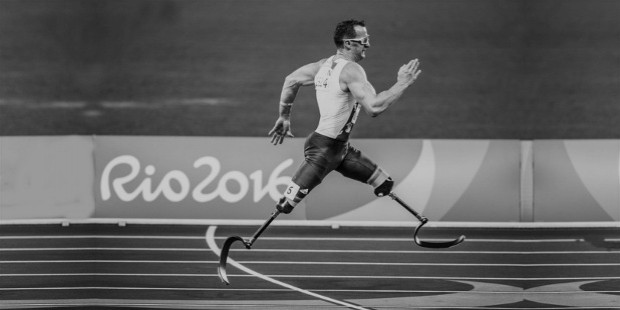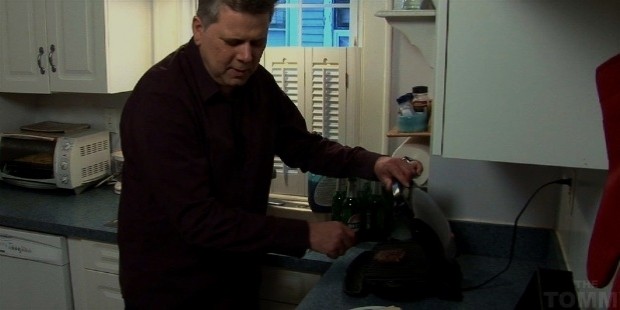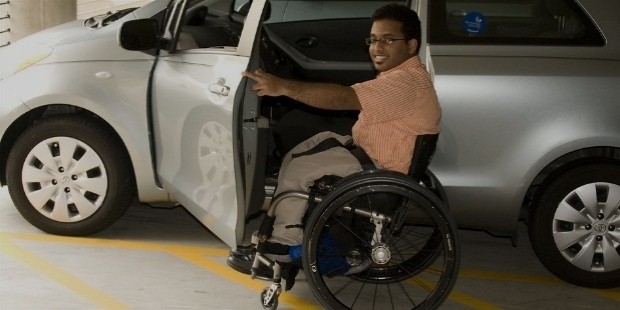How to Beat Disability and Conquer Your Success

Combating the problems of being disabled can be very challenging. But what makes it even more challenging is how other people perceive it. Overcoming the humiliation of being disabled involves its own issues varying from prejudice to stereotype and discrimination.
The stigma of disability can even extend to other members of the family. The disabled individual may be treated differently or excluded by those surrounding him/her, and that usually happens to the parents and siblings. The confidence and self-respect of the disabled and those in his/her family may suffer.

Although many disabilities are noticeable, like being in a wheelchair, having an illness with an apparent symptom or loss of hand or leg, the stigma that gives depression to a person with an unobvious disability like autism or epilepsy, can be more burdensome. The fear of being “open” to the public can offer a set of true obstacles to disabled people.
With all these things, it is greatly important for disabled people to learn how to beat disability and conquer their success. How can this be possible? You can consider the following:
1. Allow Yourself Time to Let All the Negative Emotions Vanish
It is always good to know that you have people around you who are ready to listen to you. At this stage, counseling can be helpful. A counselor can help you understand your problem better than anyone else.

The process of acceptance can be tiring and may take a long time. It is perfectly okay to feel sad about your situation, but sooner or later you will realize that feeling sad will not help. You still have your life that you can be happy about and a family who supports and understand you. You simply need to re-evaluate your strengths and know what you are still capable of.
2. Organize Yourself Properly
Maintaining a tidy room, a healthy lifestyle, and an organized body can help lower the stress levels that you are experiencing. However, if you are incapacitated to clean up yourself, wash your clothes, or cook your own food, there are options that you can take. Ask your family to help you. If your family is willing to help you, this can be a perfect choice. However, never allow real dependency to invite codependency.

There are times when getting help from your family can result in an unhealthy relationship, particularly when they start to behave in abusive manners. Assess your family relationship and if you don’t feel comfortable with that, look for another help. Ask your friends to help you. You can do a bargain. You can ask them to help you in return of a favor you do to them. For instance, you are a good copywriter and your friend runs different blogs. In exchange for the help you are getting from him, you can write to your friend for free.
3. Nurture Yourself
The only person whom you can trust is yourself. That hurts, but that is the reality. You are your own company. You have the choice to either make yourself happy or miserable. Obviously, you cannot treat your disability or disorder, but there are ways to live your life to the fullest. Every person is different and not every remedy can help you the same way as they do to others. But you can still do a lot of things for yourself.

Try to find other things that can make you enjoy and happy. Develop a hobby or an interest. You might appreciate a good movie or a box of pizza can be nicely consumed by you. It is easier to exert effort at obtaining something for which other people will say “good job!” However, it is more difficult to accept that because of your disability, no one will appreciate the things that you truly wanted to achieve but failed to do so. Never let these things pull you down.
4. Learn How You Can Best Help Yourself to Feel Better

Gather as much information as you can about your disability. Alternative therapies can be an ideal way of balancing your energy and the experts on alternative therapy will be more than willing to advise you which therapy may be best appropriate for you. Also, their clinics may be running some courses that can help you use some methods by yourself.
5. Breaking Down Attitudinal Barriers

According to workers comp attorney, unlike systematic and physical barriers, attitudinal barriers that usually result in discrimination- cannot be beaten merely by laws. The best solution is consciousness, employing people who are abled and not, and social acquaintances. Soon enough, many attitudes will pave the way to friendship, comfort, and respect.









